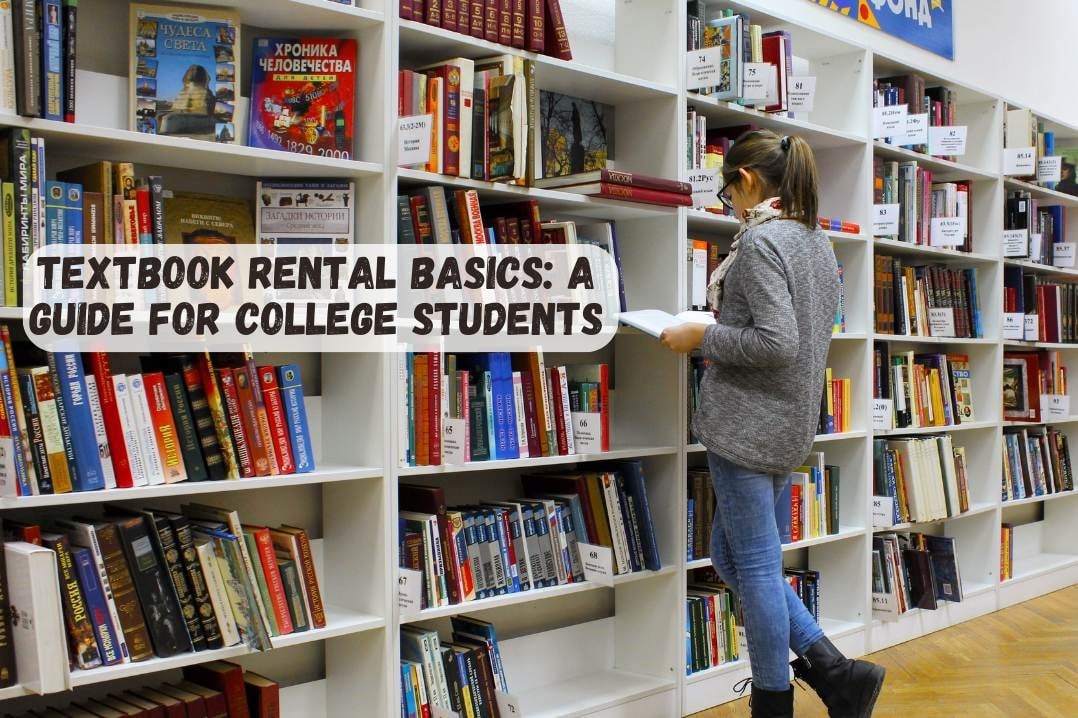Textbook Rental Basics: Save Money While Getting the Resources You Need
Renting textbooks is a first-rate way for college students to control their education costs without sacrificing entry to critical substances. With textbook prices from $415 to $1,240 yearly, finding less costly alternatives is vital. Textbook rentals permit college students to get suitable materials at a fragment of the cost, helping to ease the economic burden of better schooling. But how do you lease textbooks, and what are the pleasant practices? This manual covers the entirety you want to realize approximately textbook leases.
Introduction: What is Textbook Rental?
The textbook condominium is a convenient provider that allows students to borrow textbooks for a semester or instructional year at a lower cost than purchasing them. At the cease of the rental length, the books are again, though college students may additionally choose to buy them at a reduced price. This guide will help you navigate textbook leases, ensuring you find quality offers and deal with your rentals nicely to maximise your financial savings.
"Education is not guidance for lifestyles; schooling is existence itself." – John Dewey.
How to Get Started with Textbook Rental
Step 1: Review Your Course Syllabi and Collect ISBN Numbers
When preparing your university guides, the primary task is gathering all the essential textbook data from your path syllabi. Use the ISBN quantity to look for the precise edition you need, as publishers regularly launch new versions with minor updates.
"Knowledge is strength, but knowing the proper edition of your textbook is vital to achievement."
Step 2: Handle Your College Textbook Rentals with Care
Since rented textbooks should be returned in exact situations, treating them cautiously is vital. Avoid spills, excessive highlighting, and web page folding. Instead, use sticky notes to mark crucial sections. Remember, every other pupil will likely use the e-book when you do, so strive to hold its condition.
"Respect the ebook and the knowledge inside it will be admired by you in return."
Step 3: Extend Your College Textbook Rentals When Necessary
If you locate that your apartment length doesn't cover the entire duration of your route, maximum textbook condo organisations allow you to increase the rental for an extra charge. Plan and enlarge before the due date to avoid penalties.
"Time control is prime in existence, and lengthening your textbook rental is not specific."
Step 4: Return Your College Textbook Rentals
Once your rental period ends, return the textbooks on time. Retain the original packaging for smooth returns or discover an accurately sized field. Most apartment agencies provide pay-as-you-go shipping labels, simplifying the go-back method.
"A well-timed go back is a win for your wallet and the next scholar."
Mastering the Art of Textbook Rentals
Textbook apartment is a low-priced, flexible, green solution for college students. Here are the main advantages:
- Cost Savings: Rental textbooks cost a fraction of the cost of buying new ones, making schooling more accessible to college kids on tight budgets.
- Environmental Impact: Renting reduces the need for brand-new textbooks, lowering the environmental footprint by saving paper and reducing waste.
- Convenience: With adjustable rental durations, students can align their textbook needs with route schedules, averting the hassle of reselling books.
Finding the Best Textbook Rental Deals <h3>
- Start Early: Secure your rentals early to avoid rates that will increase as the semester techniques.
- Use Comparison Sites: Websites like Windsorbooks help you compare condominium expenses across unique systems.
- Check Your Campus Library: Sometimes, your campus library may also have condominium or textbook borrowing alternatives.
"The early hen catches the textbook apartment deal!"
Key Takeaways
- Always use the ISBN range when searching for textbooks to ensure you get the correct version.
- Handle your rentals with care to avoid additional prices.
- Extend apartment durations while it is essential to cover your path timeline.
- Return rentals on time using the furnished delivery labels and packaging.
- Compare costs from distinctive rental carriers to stabilize a satisfactory deal.
- Ask about reductions: Many condominium organizations provide pupil, military, or loyalty discounts.
Conclusion: Why Textbook Rental is the Smart Choice for Students
Textbook rental is a powerful way for college students to save money even with access to crucial course substances. College students can significantly lessen their textbook expenses by renting instead of buying. Whether you're inspired using value savings, comfort, or environmental sustainability, textbook condo offers a flexible answer that supports your educational achievement.
"An investment in understanding always can pay the fine interest." – Benjamin Franklin.
Related Articles:
Most Popular Economics Textbooks
6 Places You Can Sell Used Law Textbooks
How to Save On Your College Textbooks









